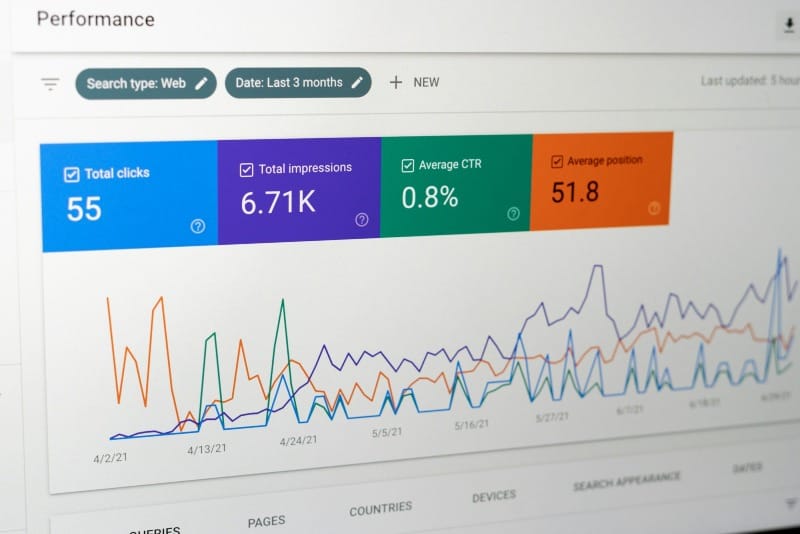Is Google Search About to Become the Next Yellow Pages?

Remember the phone book?
For a while, it was the only way to find a business. Then better tools came along—and we never looked back.
That same slow fade is now happening to Google Search. New players, from AI assistants to social platforms, are quietly chipping away at its dominance. The way people discover brands, products, and answers is shifting—and fast.
Let’s break down what’s changing, and what you can do to stay visible as the spotlight moves.
1 | Google isn’t going away—but it’s no longer the only game in town
For years, Google was the front door to the internet. But now, cracks are starting to show:
- Ad dollars are drifting. Google’s share of US search ad spend is expected to dip below 70% in the next two years. That’s billions in play.
- AI Overviews are changing behavior. Google’s own AI-generated summaries often answer questions on the spot—without sending users to your site.
- Legal pressure is mounting. When publishers see traffic drop, lawsuits follow. That adds a layer of uncertainty for marketers.
It’s not a collapse—but it’s a real shift. And it’s already underway.
2 | Discovery is splintering across new platforms
People aren’t just Googling anymore. They’re asking AI, watching creators, and turning to communities for recommendations.
| Platform | What’s happening | Why it matters to you |
|---|---|---|
| Perplexity | Answered 780 million questions in May 2025, and still growing fast | People will leave Google for a clear, straight-up answer—especially in research-heavy areas |
| Apple Intelligence | Just launched an AI that works across apps, powered by private, on-device models | Apple controls default search on billions of devices; even small changes dent Google |
| TikTok, Reddit & Meta | TikTok LIVE shopping hours have doubled; Reddit is now licensing its data for AI training | Real conversations are driving decisions—especially when trust and authenticity matter |
Expect search to start looking more like streaming: fragmented, personalized, and full of niche channels.
3 | From SEO to AIO—AI Optimization is the new visibility game
SEO used to be about getting on the first page. Now it’s about getting inside the AI-generated answer.
To show up in AI responses, here’s what matters:
- Authority across the web. AI pulls from Reddit, YouTube, support docs, even forum threads—not just your meta tags.
- Structured, readable data. Product specs, FAQs, and pricing need to be machine-friendly
- Content that fits the moment. Step-by-steps for how-to queries, strong opinions for strategic questions.
Think of AIO as the lovechild of PR, content, and data engineering. It’s about making sure the right story gets told when people ask the AI.
4 | If people don’t search, they won’t find you—so create desire earlier
When AI answers the question directly, fewer people land on your site. That means you need to show up before they even know what to search.
- Live commerce is growing. Think TikTok Shop or YouTube Live—watch-then-buy is becoming the norm.
- Communities influence AI. Reddit threads, Discord chats, and support forums get quoted by assistants. Be part of the conversation.
- Owned content has long legs. Newsletters, podcasts, and research reports train the models. When it’s your language, you get cited.
Bottom line: if you’re waiting for intent, you’re already late.
Final thought: This isn’t a crisis—it’s a chance
The Yellow Pages didn’t die overnight. It just stopped being useful when better options appeared.
Google is still a big player—but the front door is now a crowd of entrances, each with its own rules. If you treat AI discovery as a new channel—with its own playbook—you’ll stay visible where your audience is already looking.
Ignore the shift, and you risk being left behind while others show up in the answers that matter.

